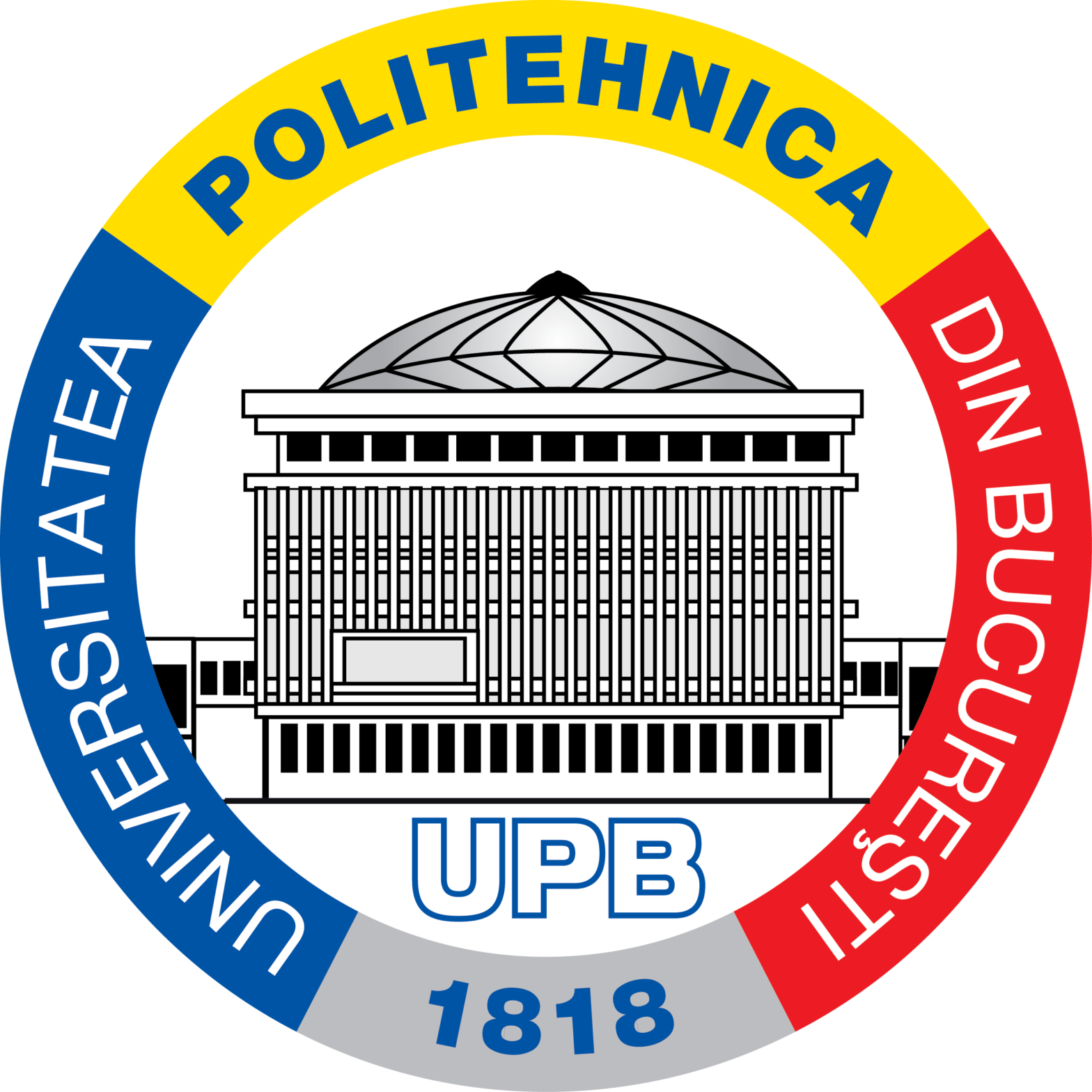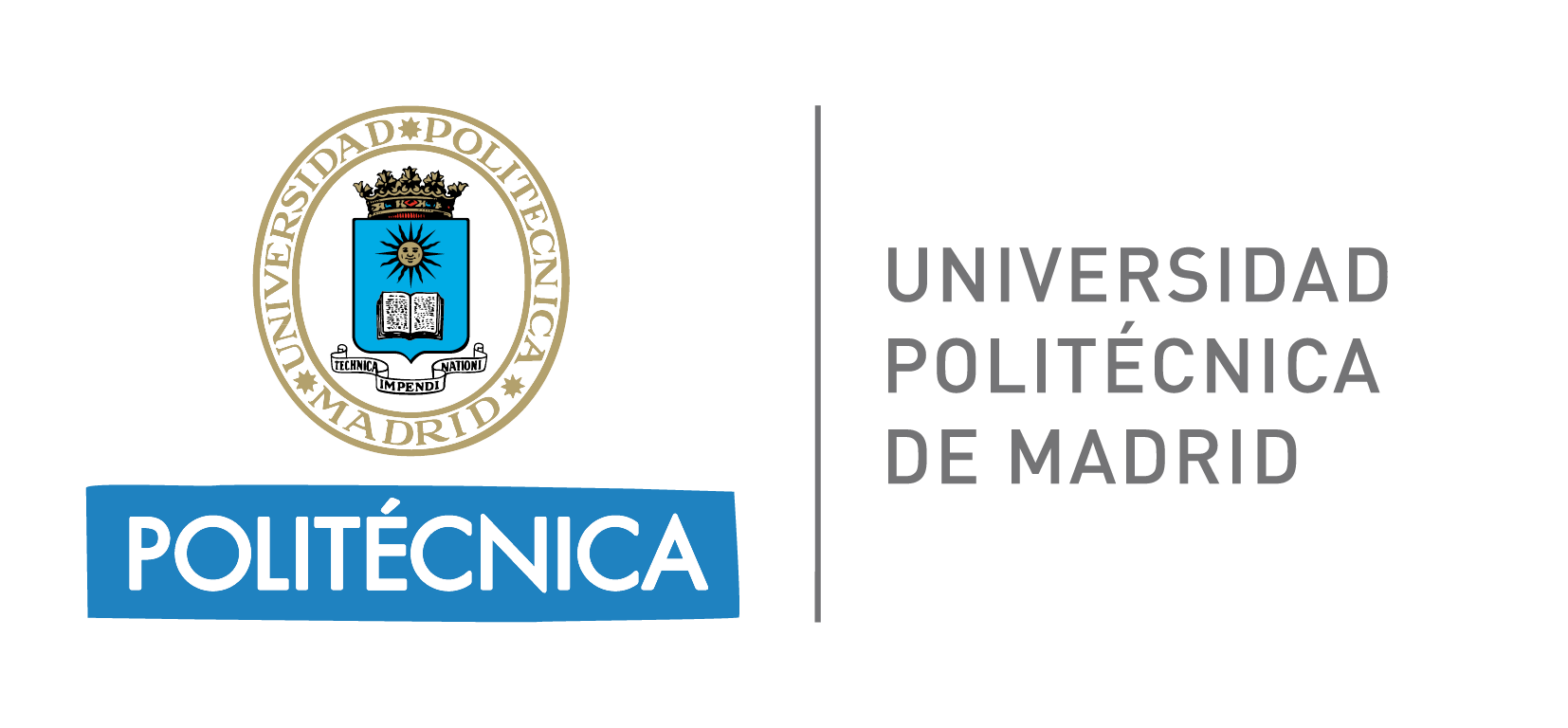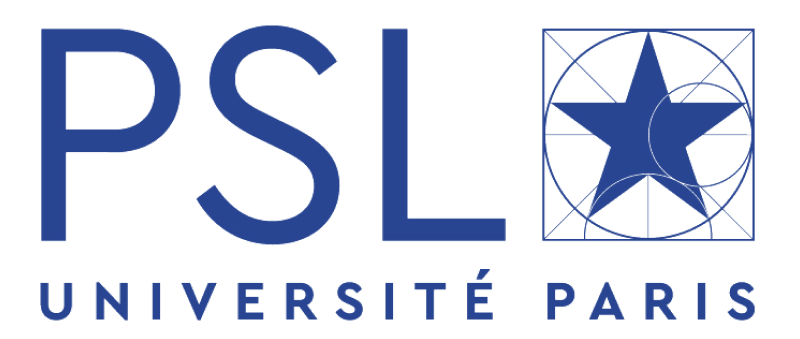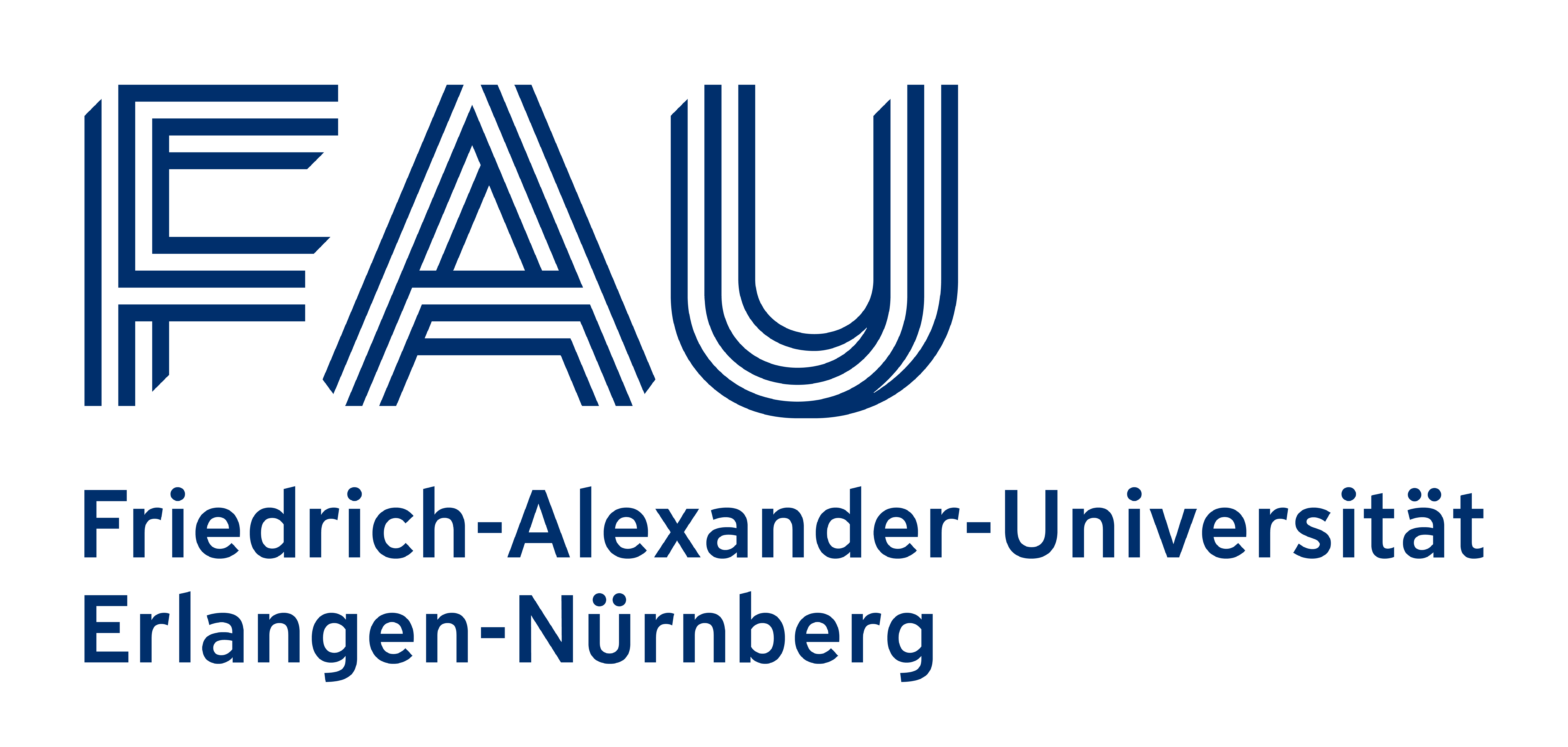Educating sustainability in chemistry programs using transdisciplinary challenge-based learning
- Chemistry educators will be better able to implement CBL, which will make teaching more dynamic and adaptable to the changing conditions of the educational world.
- The chemistry curriculum will include real life challenges, encouraging students to think critically and solve complex problems.
- Trainees will develop collaborative relationships to continue sharing best practices and work on joint sustainability projects after the seminars.
Participation requirements
The activity will be available to students and educators from all the EELISA partner institutions. Students may come from areas associated with chemistry or sustainability, such as chemistry, chemical engineering, environmental science, materials science and they will be of any educational level (such as undergraduates, graduates, or early-career professionals) to encourage a diversity of perspectives and experiences. Students from eligible degree programs will be admitted based on the order in which they register to the event.
Challenge task
Through active problem-solving, the chemistry educators will be able to stimulate students` engagement in exploring and innovating within the context of real-world chemistry challenges. Although CBL is the main focus, the seminars will also incorporate other innovative techniques to ensure a well-rounded approach involving stakeholders and learners, such as project-based learning, flipped classroom, and gamification. Educators will receive training on how to engage stakeholders like industry experts, public administration officials, NGOs and environmental groups in student activities. This will include inviting guest speakers, providing guidance on projects, or working with industry partners to address sustainability issues.



Teams
Teams created for this challenge
No teams created yet


